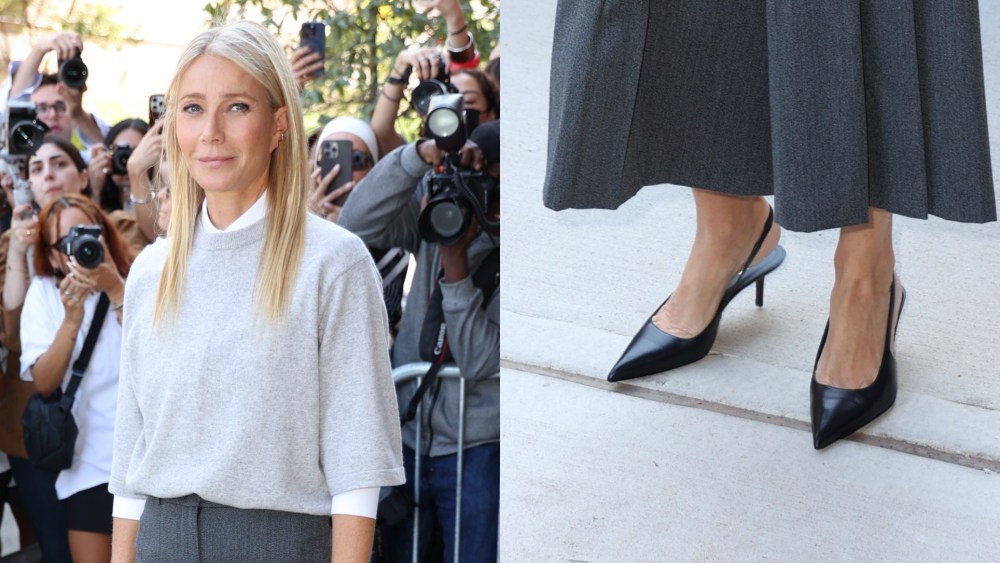U.S. consumers opened their wallets during the 2024 holiday season, spending $241.4 billion, or 8.7 percent more than they did the year before.
That’s according to Adobe, the software giant, which released online shopping data for the Nov. 1 to Dec. 31 period. Adobe indicated that its findings are based on analyzing more than 1 trillion visits to U.S. retail sites, 100 million stock keeping units and 18 product categories.
“The 2024 holiday season showed that e-commerce is being reshaped by a consumer who now prefers to transact on smaller screens and lean on generative AI-powered services to shop more efficiently,” Vivek Pandya, lead analyst, Adobe Digital Insights, said in a statement. “It presents opportunities for retailers to deliver new services and experiences that capture the attention of consumers, many of whom are now shopping online in different ways.”
Adobe indicated that mobile shopping hit a new milestone, with 54.5 percent of the transactions taking place through a smartphone this season, up from 51.1 percent in 2023. “Mobile shopping was highest on Christmas Day 2024, driving 65 percent of online sales, versus 63 percent on Christmas Day in 2023,” Adobe reported. Consumers continue to get more comfortable using their smartphones to shop and retailers continue to innovate online to make the shopping easier.
You May Also Like
According to Adobe, of the $241.4 billion spent online this holiday season, 54 percent was driven by electronics ($55.3 billion, up 8.8 percent year-over-year), apparel ($45.6 billion, up 9.9 percent year-over-year) and furniture/home goods ($29.2 billion, up 6.8 percent year-over-year).
Adobe also reported that the strongest growth was observed in grocery ($21.5 billion, up 12.9 percent year-over-year) and cosmetics ($7.7 billion, up 12.2 percent, year-over-year). Sporting goods had $7.8 billion in sales online, up 7.4 percent, and toys had $8.2 billion in sales online, up 7.8 percent.
Among the drivers of the holiday business online were strong discounts by retailers luring “increasingly price-sensitive” shoppers, Adobe indicated. The software firm also concluded from its data that for every 1 percent decrease in price, demand increased by 1.03 percent compared to the 2023 season. This drove an additional $2.25 billion in online spend, which is factored into the overall $241.4 billion spent online, Adobe noted.
The online business was also spurred last holiday season by generative AI-powered chat bots getting shoppers to click on a link to a retail site, Adobe added.



